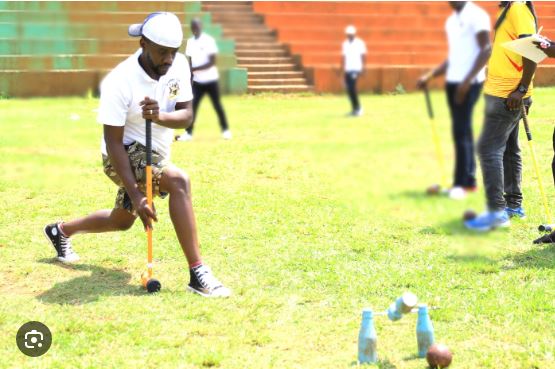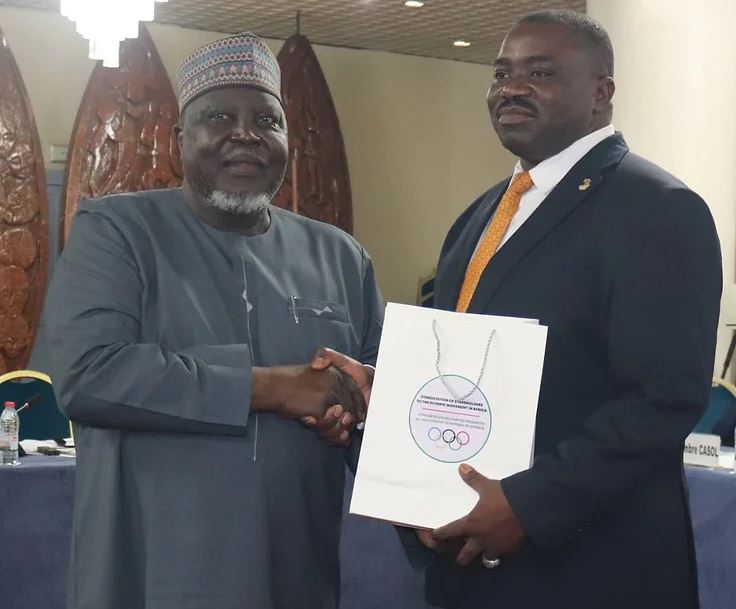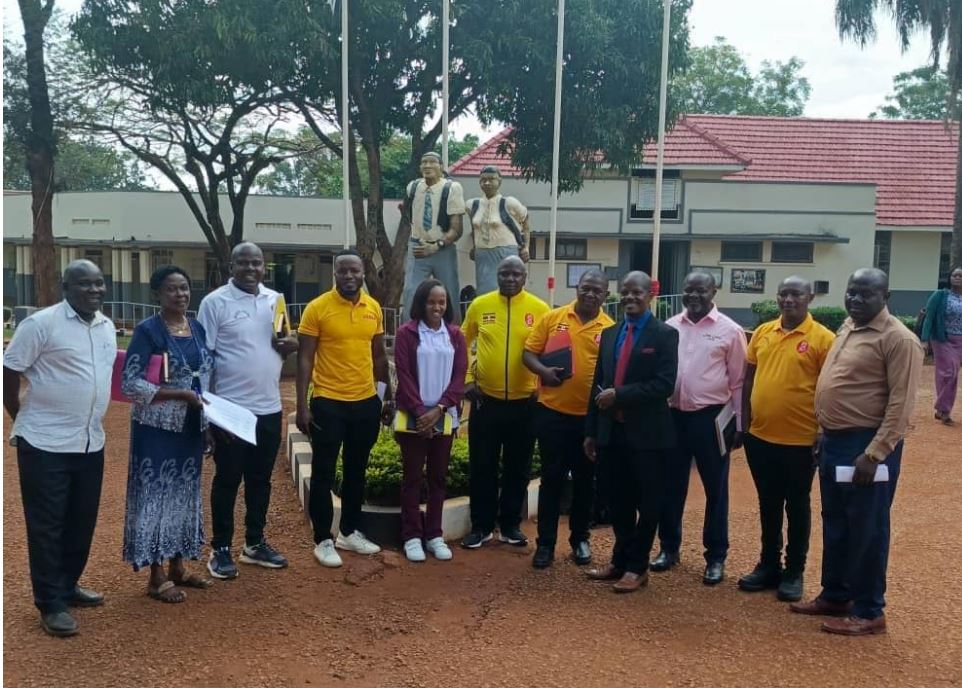
Disregard counterfeit leaked papers. UNEB urges UCE candidates.
- EducationFEATUREDNEWS
- October 12, 2024
- No Comment
By our reporter
Candidates for the 2024 Uganda Certificate of Education (UCE) exams, who are the first to be evaluated under the revised lower secondary curriculum, were briefed on Friday ahead of their initial exam on Monday.
The Uganda National Examinations Board (UNEB) confirmed that this briefing, the first event on the exam schedule, provided students with key guidelines on exam conduct and other critical information.
Our reporters visited schools nationwide, where briefings took place in the afternoon. At Mulago High School, Headteacher Hassan Gombe reassured students, saying, “Don’t be afraid. This is your first paper, and you’ve already succeeded.”
The session started with a roll call of registered candidates, met with silence as each name was announced. Gombe then outlined the examination rules, supported by other teachers to ensure students were well-prepared.

Godfred Ssebunya, the S.4 class teacher at Mulago High School, warned students about the risks of exam malpractice and the use of smartphones during exams. He stressed the danger of circulating fake UNEB papers on social media and urged students to avoid such distractions. “I know you have smartphones and there’s a lot circulating, but don’t let it sidetrack you. If you encounter groups sharing these so-called ‘UNEB papers,’ don’t engage—report it instead,” Ssebunya advised.
The 2021 UNEB Act criminalizes the distribution of materials claiming to be UNEB exam papers. Section 25(1) states that obtaining or attempting to obtain an exam paper or related materials is an offense punishable by heavy fines or up to 10 years in prison.
In previous years, candidates, teachers, and parents frequently shared alleged UNEB papers on social media, resulting in multiple arrests. Misuse of social media for exam cheating has become a growing concern globally. Some countries, such as Algeria, have even imposed nationwide internet shutdowns during exams to prevent cheating.
After the briefing, Gombe expressed confidence that teachers had fully prepared candidates, despite the new curriculum and assessment format. Students also reported feeling ready but admitted some anxiety as exam day approached.
In Moroto, Edward Okwir, Deputy Headteacher of Moroto Parents Secondary School, stated that students had been well-prepared for the new curriculum through registration, assessments, project work, and integration of activities. However, Okwir voiced frustration over student absenteeism, which delayed the submission of necessary reports for the exams.
At Mbogo College School in Kawempe, Headteacher Abdu Noor Ssentamu urged students to think critically and interpret questions carefully, as the new curriculum includes scenario-based questions that do not have uniform answers. He emphasized that as the first group to use this curriculum, students lack prior references. He also mentioned that teachers had received ongoing training to better guide the students.
At Bastion High School in Maganjo, history teacher William Mukwaya advised students to read and understand questions thoroughly, as they are less direct under the new curriculum. He encouraged learners to conduct research using local resources to enhance their preparation.
Some students, like Frank Twinomuhweezi from Kabale Brainstorm High School, felt ready for the exams but faced challenges in conducting research due to limited resources. Other candidates, such as Honest Amutuheire, expressed concerns about having enough time for additional research given the limited information available in textbooks.
In addition to candidates taking exams under the new curriculum, some will sit for exams based on the old one. A total of 379,748 candidates are registered across 4,168 centers, with 10,147 taking the old curriculum exams and 369,601 following the new curriculum.
Of the transitional candidates, 54.7% are female, and 45.3% are male, while for the new curriculum, 50.8% are female and 49.2% male. Additionally, 36.4% (138,502 candidates) are government-sponsored under the Universal Secondary Education (USE) Program, an increase from last year, with the remaining 241,246 privately funded. Among them, 825 are Special Needs Education (SNE) candidates, and necessary arrangements have been made to support them during the exams.





